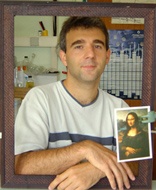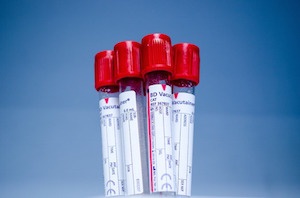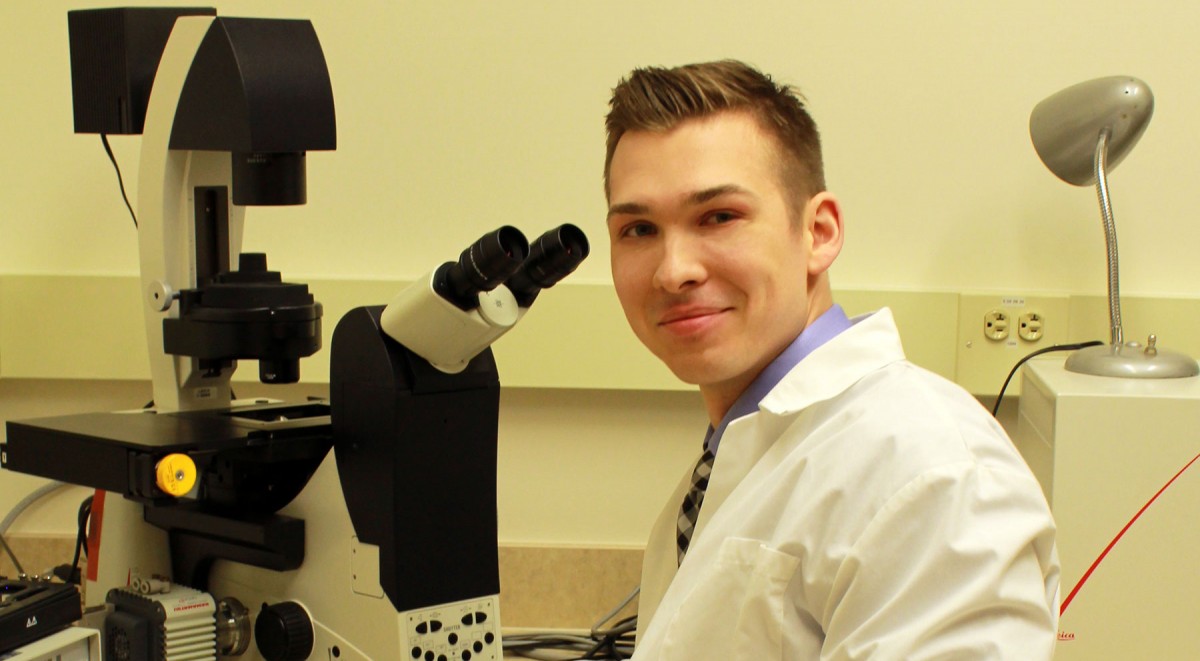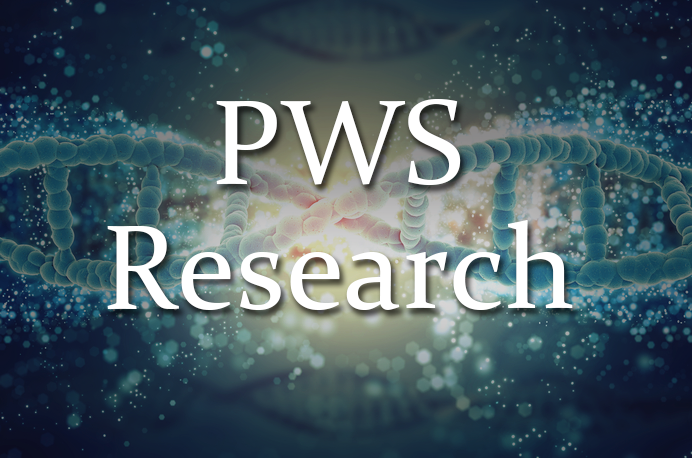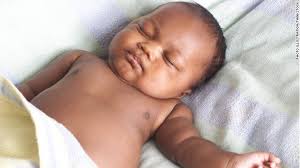Topics: Research
Jessica Bohonowych

Jessica Bohonowych is a graduate of Duke University, and holds a PhD in Pharmacology and Toxicology at the University of California, Davis. Incorporating her research background, knowledge of pharmacology and drug development, and teaching experience, Jessica works with Theresa Strong in managing FPWR’s grant portfolio, communicating research results and breakthroughs to our community, aiding in special projects such as the Clinical Trials Initiative and Molecular Resource Center, and is heading the development of the Global PWS Registry.
Recent Posts
Dr. Jerome Cavaille and his team at the University of Toulouse in France recently received a three-year grant from the French Foundation for Medical Research for the project "Prader-Willi syndrome and C/D small nucleolar RNA genes." They hypothesize ...
Telehealth, or the "delivery of health-related services and information via telecommunications" such as through a computer is a growing trend in health care. A recent report from a group at Michigan State University shows how their online program is ...
Topics: Research
Dr. Maithé Tauber and colleagues recently reported interesting results on the hunger hormone ghrelin. They show that the ratio of active (AG) to inactive (UAG) forms of ghrelin changes over time. They hypothesize that this change may play a role in t...
Topics: Research
This month's research blog post comes from guest author Igor Pravdivyi, a member of Dr. Rachel Wevrick's research group at the University of Alberta. Children with PWS usually begin to have increased appetite around age 5, with hyperphagia setting in...
Topics: Research
It is well known that individuals with PWS often exhibit developmental delays and impaired cognition compare to typically developing peers. There is also evidence that those with PWS are at higher risk than the general population for mental health pr...
Topics: Research
In a study from The Hospital for Sick Children, the authors recommend that all infants with PWS be screened for sleep disordered breathing (SDB) and receive oxygen treatment as needed. SDB is an area of great concern for the PWS community. SDB includ...
Topics: Research
One of the exciting breakthroughs in PWS research in recent years has been the development of induced pluripotent stem cells or “iPSCs”. Although there is tremendous excitement among the scientific community about iPSCs, many parents, patients, and a...
Topics: Research
It’s likely that improper development and/or function of neurons throughout different regions of the brain contributes to many of the characteristics of PWS, including hyperphagia, anxiety, OCD behaviors, sleep disturbances, and temper outbursts. How...
Topics: Research
Considering the complex neurological basis of PWS, one major hurdle in conducting PWS research is obtaining neurons, i.e. studying neurons without taking brain samples. Pluripotent stem cells are a phenomenal resource as they can be coaxed into becom...
Topics: Research




